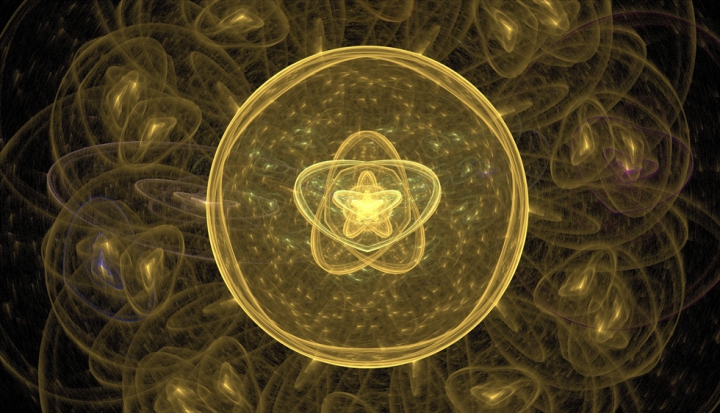Learning is one of the most important things that human beings, as well as other living things, do. We eagerly teach our children, our students, even our pets, and we take pleasure when we see them mastering a new task or gaining a new insight. The person who cannot—or worse, will not—learn is someone we feel sorry for or avoid. We see growth and development as positive and the capacity to learn as being open to newness.
And yet, from a traditional perspective, the answer to the question of whether God can learn like humans is a definitive “No!” God is omniscient—all-knowing—and so there is nothing for God to learn. God already knows everything. Case closed. But why should learning separate us, who are made in the image and likeness of God, from God?
First, the idea that God knows everything and so does not need to hear our concerns conveys the dangerous idea that God does not care about us. But the Bible tells us the opposite: God is love. God’s love for humankind was such that God came into the world as a human being in the person of Jesus. In the incarnation, God took on flesh. We are told that Jesus “grew in wisdom, age, and grace.” He was taught by Mary and Joseph and learned many things from them. Jesus is one with the Father and the Spirit and, in this sense, the whole Trinity “learns.” The idea that Jesus did not need to learn—or eat, or suffer—is heretical: It denies Jesus’ full humanity.
A second response to the question of whether God can learn comes from process theology, a movement that developed in the early 20th century. This theology is based in an ideal from physics and cosmology that process—change or development—is at the heart of all reality (think of atoms and their continuous movement). This theology says that God’s creative power is at the heart of who God is and that God shares this power with all of creation. The cosmos is continually growing and open to newness; there is no fixed reality in God’s mind that will eventually come to pass. God is the supreme creative power, but the world cooperates with this power and thus the future is open.
Ultimately, the question of God’s capacity to learn says more about our relationship with God than what we know about who God is. The German theologian Karl Rahner paraphrased St. Thomas Aquinas, saying that God is both ultimately incomprehensible “Absolute Mystery” and that God’s love for humanity is unsurpassable. Whatever and wherever we are and do, God is both our source and our goal.
This article also appears in the August 2018 issue of U.S. Catholic (Vol. 83, No. 8, page 49).















Add comment